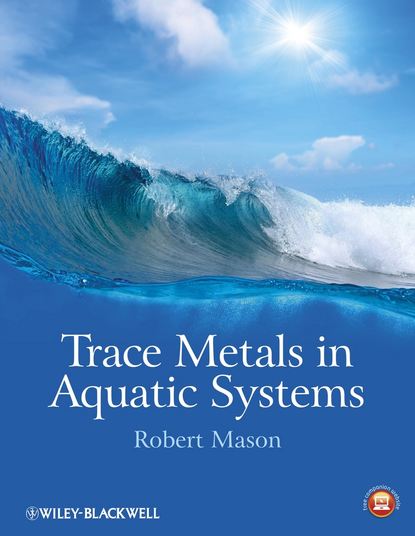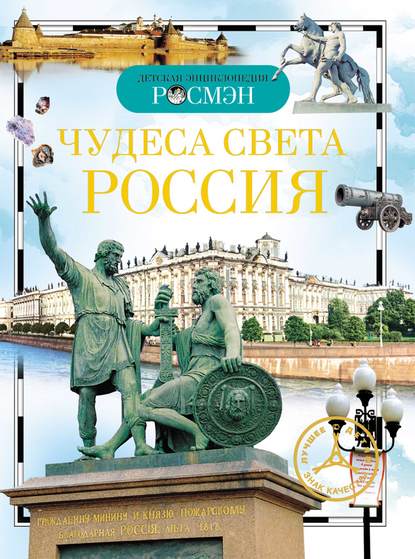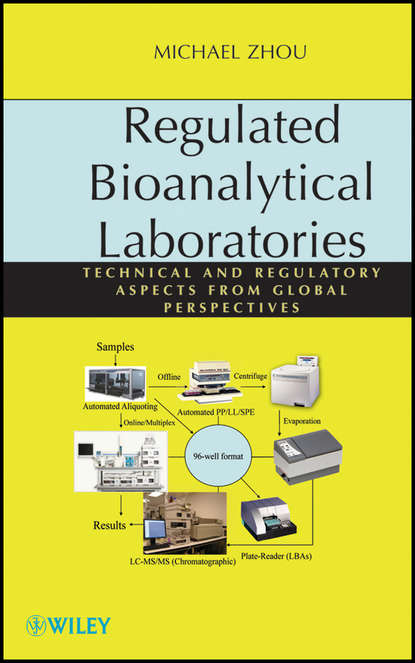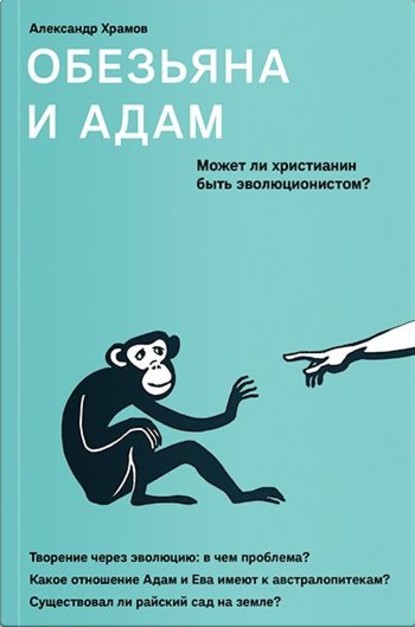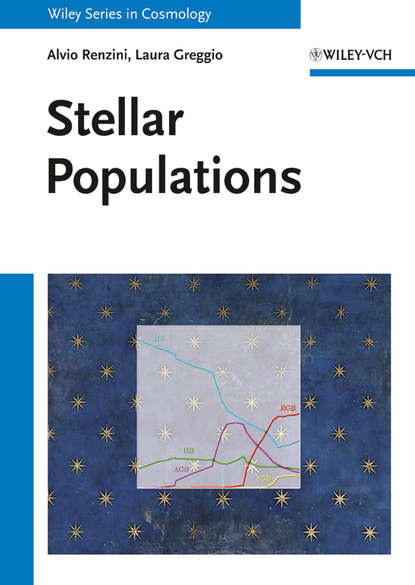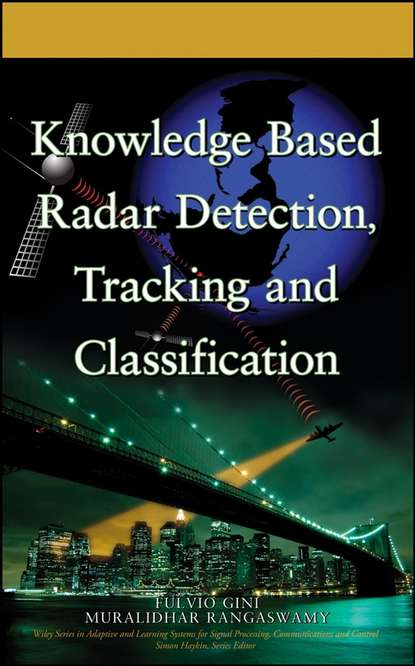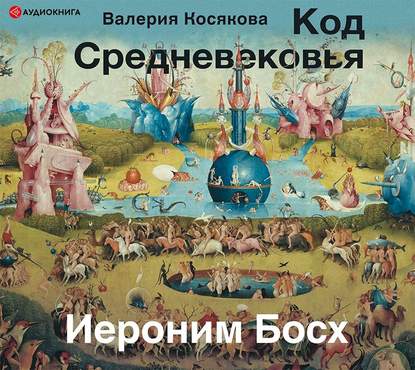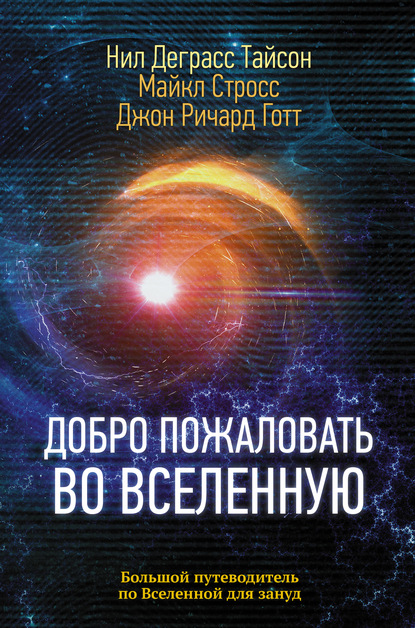Эта книга дает подробный анализ концентрации, форм и циклов микроэлементов и металлоидов в водных экосистемах. В ней рассматриваются атмосфера, океан, озера и реки. Обсуждаются обменные процессы на границе водной поверхности (воздух/вода и осадок/вода), а также основные факторы, влияющие на концентрацию, формы и циклы микроэлементов в водных системах. Первые главы сфокусированы на фундаментальных принципах и подходах моделирования, необходимых для понимания концентрации, специфики и судьбы микроэлементов в водной среде. Последующие главы посвящены конкретным средам с примерами и обзором исследований. Рассматриваются отдельные металлы, представляющие особый научный интерес, такие как ртуть, железо, мышьяк и цинк, а также токсичные и необходимые (питательные) металлы и металлоиды. Обсуждаются химические принципы, определяющие токсичность и биодоступность этих элементов для микроорганизмов и водных пищевых цепей. Книга предназначена для аспирантов, изучающих экологическую химию и смежные дисциплины, а также для ученых и специалистов, интересующихся циклами микроэлементов в водных системах.
Электронная Книга «Trace Metals in Aquatic Systems» написана автором Robert Mason P. в году.
Минимальный возраст читателя: 0
Язык: Английский
ISBN: 9781118274606
Описание книги от Robert Mason P.
This book provides a detailed examination of the concentration, form and cycling of trace metals and metalloids through the aquatic biosphere, and has sections dealing with the atmosphere, the ocean, lakes and rivers. It discusses exchanges at the water interface (air/water and sediment/water) and the major drivers of the cycling, concentration and form of trace metals in aquatic systems. The initial chapters focus on the fundamental principles and modelling approaches needed to understand metal concentration, speciation and fate in the aquatic environment, while the later chapters focus on specific environments, with case studies and research highlights. Specific examples deal with metals that are of particular scientific interest, such as mercury, iron, arsenic and zinc, and the book deals with both pollutant and required (nutrient) metals and metalloids. The underlying chemical principles controlling toxicity and bioavailability of these elements to microorganisms and to the aquatic food chain are also discussed. Readership: Graduate students studying environmental chemistry and related topics, as well as scientists and managers interested in the cycling of trace substances in aqueous systems Additional resources for this book can be found at: www.wiley.com/go/mason/tracemetals.
